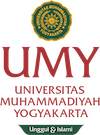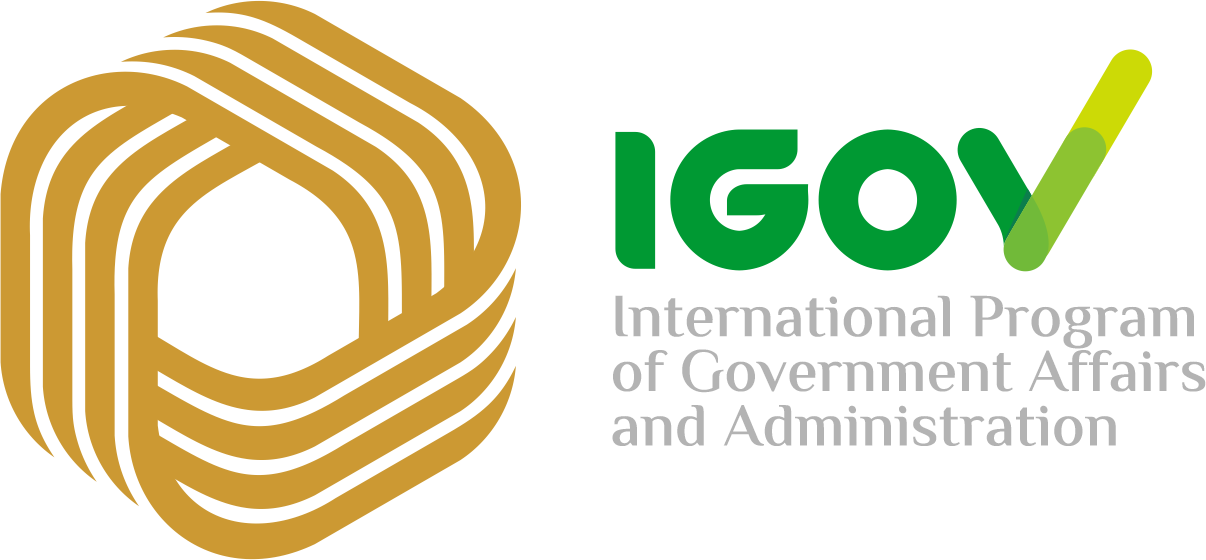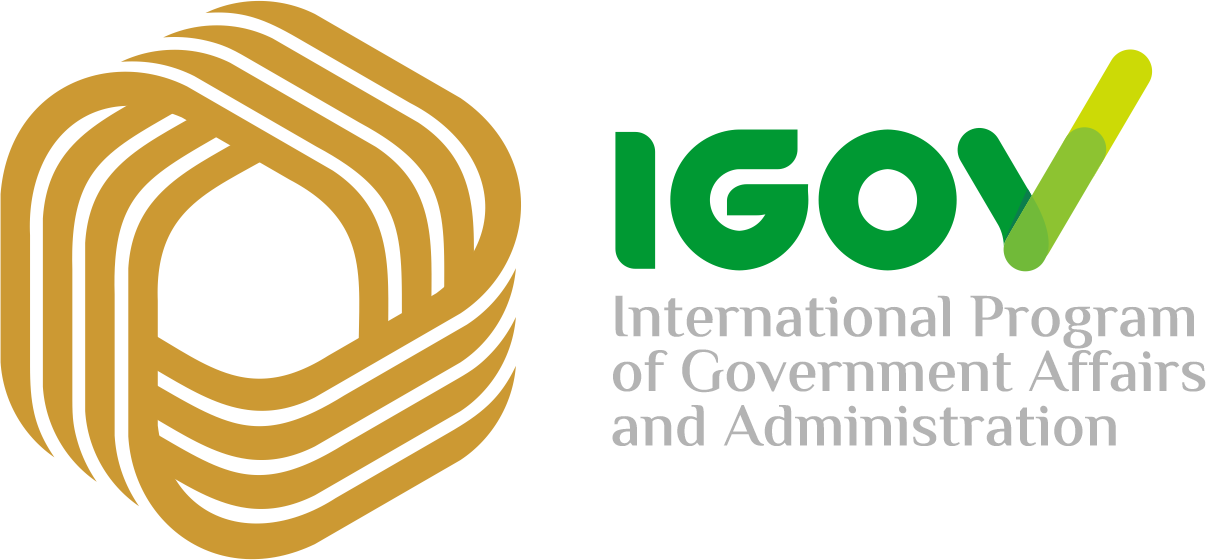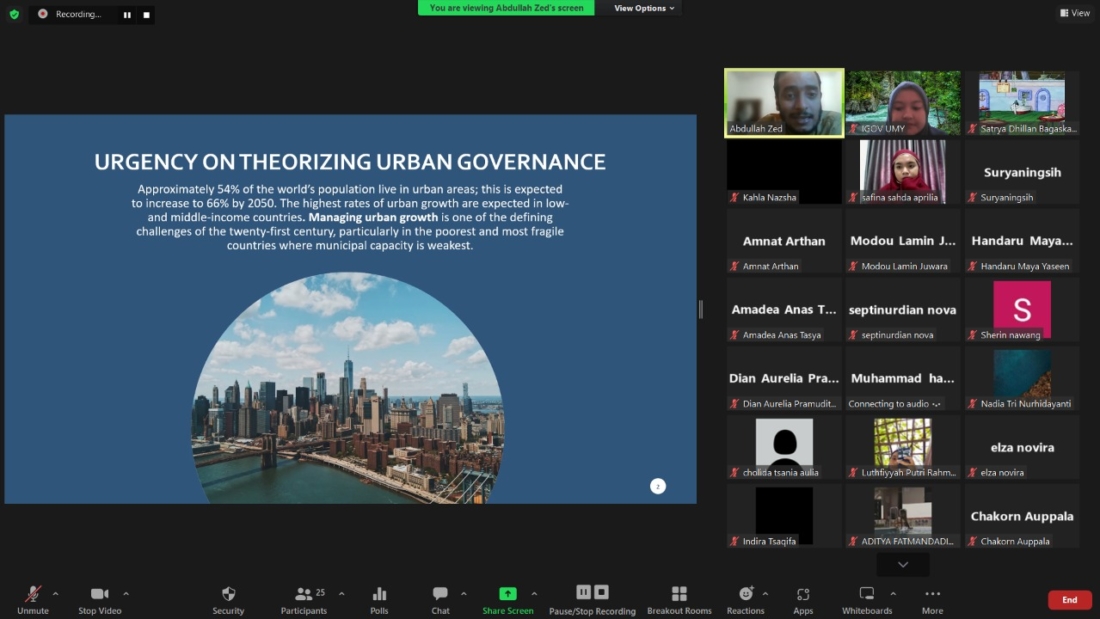Yogyakarta (1/12) – Visiting Professor (Guest Lecturer) is one of the internationalization programs of the University of Muhammadiyah Yogyakarta (UMY) which aims to present Visiting Lecturers from foreign universities, especially those who are included in the 100 QS World University Rankings or who has a cooperation agreement with UMY. The Visiting Professor Program can be proposed by two or more Study Programs, either under the same Faculty or across Faculties. The output of the Visiting Professor Program is the publication of research results with UMY lecturers in reputable/indexed international journals. In addition, with the Visiting Professor program, students can explore and receive new knowledge and knowledge that lecturers do not necessarily teach at UMY. It can also provide an internationalization experience for UMY students who register for the International class.
Therefore, the International Program of Government Affairs and Administration at the Universitas Muhammadiyah Yogyakarta (IGOV UMY) held a Visiting Professor activity which became a routine activity at IGOV UMY. In this Visiting Professor, IGOV UMY invited Abdullah Zed Munabari, S.IP., M.SI., from the National Consultant for Smart Green ASEAN Cities (SGAC). The activity was held on Thursday (1/12) through Zoom Meetings to fill in the Urban Governance course taught by Eko Priyo Purnomo, S.IP., M.Sc., M.Res., Ph.D.
In this activity, Mr. Dullah brought up the topic of Urgency in Theorizing Urban Governance which discussed Managing Urban Growth as a challenge in the twenty-first century. The focus of the discussion this time is on managing population mobility with the procurement of the MRT in Jakarta and roads that are friendly to cyclists. Besides that, the discussion continued with Water privatization, water privatization is when private corporations buy or operate public water or wastewater utilities. If this is implemented properly like in the city of Manila, the Philippines will become a strong opportunity to fight water scarcity. Through market competition, higher water prices, and cap and trade programs, water supply can not only be controlled but also be effectively managed. (ARP)




